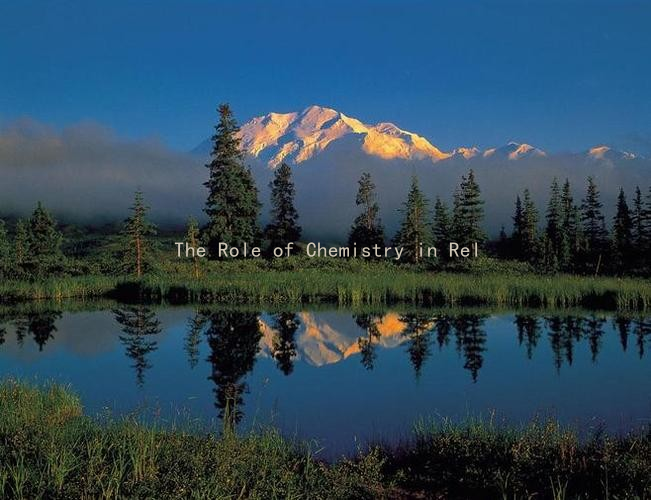The Role of Chemistry in Relationships: What Science Says
The Role of Chemistry in Relationships: What Science Says
In the realm of relationships, the concept of chemistry often surfaces as an elusive yet powerful force that influences attraction and connection between individuals. But what constitutes this chemistry, and how can understanding it enhance our romantic endeavors? Scientific research offers valuable insights into the physiological, psychological, and emotional factors that contribute to relationship chemistry.
At its core, chemistry in relationships can be explained through a combination of biological and psychological phenomena. Neurologically, our brain releases a cocktail of chemicals when we encounter someone we find attractive. Dopamine, often referred to as the feel-good neurotransmitter, plays a significant role in generating feelings of pleasure and reward. Oxytocin, known as the bonding hormone, is crucial for creating feelings of intimacy and attachment. These chemicals can lead to the euphoric sensations often associated with falling in love, making it feel like an exhilarating ride.
However, chemistry is not solely confined to biological responses. Psychological components, such as compatibility and shared values, also significantly influence whether or not a connection is established. Research indicates that people are more likely to experience chemistry with partners who they perceive as being similar to themselves. This phenomenon, known as the similarity-attraction hypothesis, suggests that common interests, beliefs, and lifestyles create a fertile ground for attraction.

In addition to biology and psychology, emotional intelligence plays a pivotal role in relationship chemistry. The ability to empathize with one another, communicate effectively, and navigate conflicts can enhance the emotional bond between partners. Couples who cultivate emotional awareness and invest time in understanding each other’s feelings are often able to forge deeper connections, thereby amplifying the chemistry in their relationship.
Interestingly, the concept of love languages—a term coined by Dr. Gary Chapman—further illuminates how different individuals express and perceive love. Recognizing your partner’s love language can enhance chemistry by fostering a sense of being understood and appreciated. Whether through words of affirmation, acts of service, or quality time, aligning your expressions of affection with your partner’s preferences can deepen intimacy and connection.
Yet, while chemistry can ignite a relationship, it is worth noting that it is not a guaranteed predictor of long-term success. Many couples experience initial chemistry that may wane over time. Sustaining a relationship often requires additional elements such as mutual respect, effective communication, and the ability to adapt to changes. Couples who actively invest in their relationship—by engaging in shared activities, expressing appreciation, and addressing conflicts constructively—can often reignite that initial spark.
To sum up, chemistry in relationships is a multifaceted construct shaped by biological reactions, psychological factors, and emotional intelligence. While it often serves as the initial lure between partners, building a lasting relationship requires ongoing effort and commitment. By understanding the science behind chemistry, individuals can enhance their romantic pursuits and cultivate meaningful connections that stand the test of time. Ultimately, a successful relationship is built not just on chemistry, but on mutual growth, understanding, and love.





